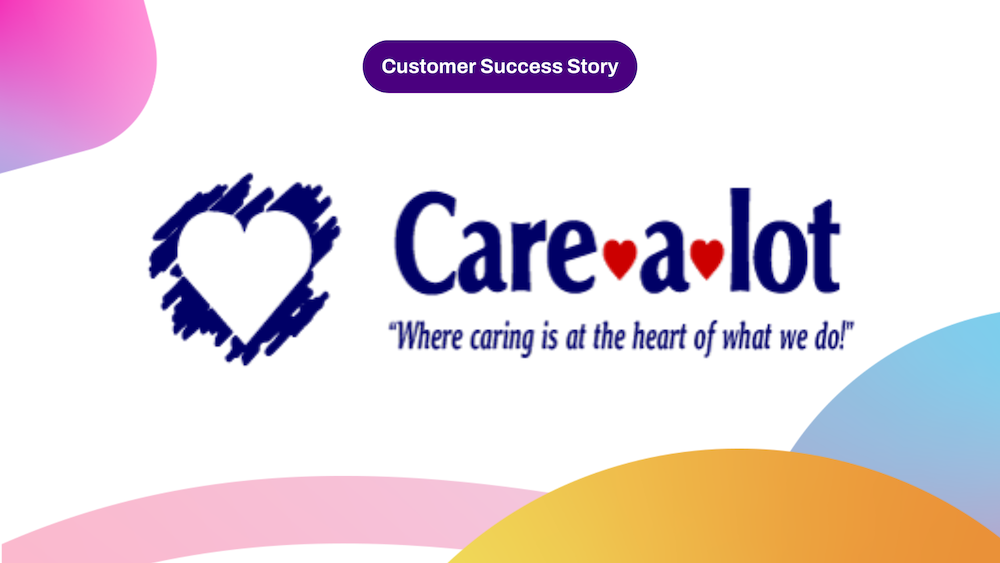Parent communication is one of the most critical aspects of managing a successful Early Childhood Education or Out of School Hours organisation. No matter how happy a child is within a setting, the opinions and expectations of the parents are the deciding factor when it comes to their ongoing participation at the service. Of course, no parent wants to uproot their child from a place where they have formed bonds and are making progress, but often a lack of vital communication about their child’s activities and experiences can create nagging questions rather than fostering a comfortable complacency that all is well.
Dealing with parents and managing their expectations of what their child may be experiencing or achieving while at your organisation requires a great deal of attention and needs to be thoughtfully handled through the application of emotional intelligence and professional insight.
When communicating with parents, the services that we work with have often found it helpful to apply Kangarootime’s core values: Kind, Thoughtful, Resilient, Relentless and Integrity. These values have been put in place primarily to foster thoughtful processes when it comes to dealing with children, but they can also be applied to interactions with parents, guardians and other people identified as responsible for the wellbeing of children in our care.
In today’s blog we are focussing on the benefits of being relentless and finding the best and most appropriate times, methods and language to form a meaningful and productive communication strategy for each family.
Relentless
As an organisation, we encourage relentless focus on finding the best outcomes for all concerned. With children in early childhood education or OSHC settings, this is delivered through constant and consistent observation of a child’s educational and personal outcomes. This is achieved through watching and recording interactions with activities and individuals, whether they are peers or educators, during their time at the centre.
When approaching communication with parents, it can help to apply relentlessness by keeping their lifestyles and family events in mind:
What does their day look like?
-
- When is the best time to communicate with them? How do they like to receive information? Could they have a preferred communication method?
- Many parents are unable to receive phone calls or reply to personal emails during their working day. This might mean that social media messaging or text might be a more discreet way of letting them know how their child is going throughout the day.
- You will find that pick-up and drop-off are often transition times for parents who are focused on their next task; whether that is getting to work through busy traffic or getting dinner on the table. A meeting in the office at that time might not be the best moment to attempt non-urgent communication. Maybe a video call or phone call during their lunch hour would be a way to be relentless in your need to deliver and gather quality feedback about their child.
- Be relentless in identifying the best times to communicate to make sure everyone is aware of timing pressure-points for both the centre and the family. It can help to make sure you schedule enough time during induction to help parents understand that to best serve their children, they need to make time to connect. This helps everyone in identifying what can or can’t be done at certain times of day and reduces frustration and potential misunderstandings on both sides.
- Keeping a close eye on engagement rates is one way to can identify where your communication may need attention. How often are the parents responding to your updates and reports on their child’s activities? Are there any methods through which you rarely get a reply? Is this an issue for all parents or just some? Maybe it’s time for a parent survey about times and methods of communication.
What is going on?
-
- Life is not a static state. Changes in life are relentless and that is something that children learn and adapt to. Things change for good or bad on a regular basis and these changes can be transient or permanent in nature. No matter how diligent you and the parents are in putting together your communication plan, jobs change, relationships form and break, pets die, and pandemics happen. Equally, things change at your centre. There is no time at which reprioritising needs or reassessing your mutual communication plan is wrong or inappropriate.
- One of the most unsettling things that can happen to a child at the centre is when a specific educator is given new duties or responsibilities. This can limit contact and disrupt emotional bonds that a child has come to cherish and rely on. For a small or sensitive child, that can be an unimaginable catastrophe. When that child is unable to properly communicate a small, but upsetting issue, it can cause many problems. A parent may be given the impression that the educator has done something wrong or that some terrible and unwarranted punishment has taken place.
- Equally, issues that happen outside of the educational setting can affect a child’s behaviour or outlook. A suddenly withdrawn child that was previously enthusiastic and communicative can cause great concern amongst dedicated educators. Often, due to their limited life experience, the smallest change can seem frightening and a threat to their closely guarded boundaries of normal. Something as small as not being invited to a party or the death of a goldfish can be as unsettling in the short term as a major family restructure.
- As we have seen over the course of 2020 and 2021, children, no matter how young, are not immune from picking up on the emotional cues of their environments, parents and other adults with whom they are close. Over this period, constant communication with parents has been essential to manage levels of worry and to maintain consistency both inside and outside the centre.
As social creatures, humans are programmed to react to communication and to develop a lack of trust when it is absent or inconsistent. Transparency is the antidote to suspicion. When every adult involved in their lives has confidence in the methods used for communication about a child and has the time to act accordingly, we are all able to strive towards the best possible outcome. In being relentless in the desire to collect and constantly review details and to jointly explore unexplained issues, both education centres and parents can help children make giant leaps in understanding the world around them
Kangarootime is the leading all-in-one childcare management software for daycares and preschools. With billing and invoicing capabilities, parent communication and staff management tools and classroom automation, Kangarootime helps childcare centers grow and scale. To learn more about optimizing your center with Kangarootime, visit kangarootime.com













